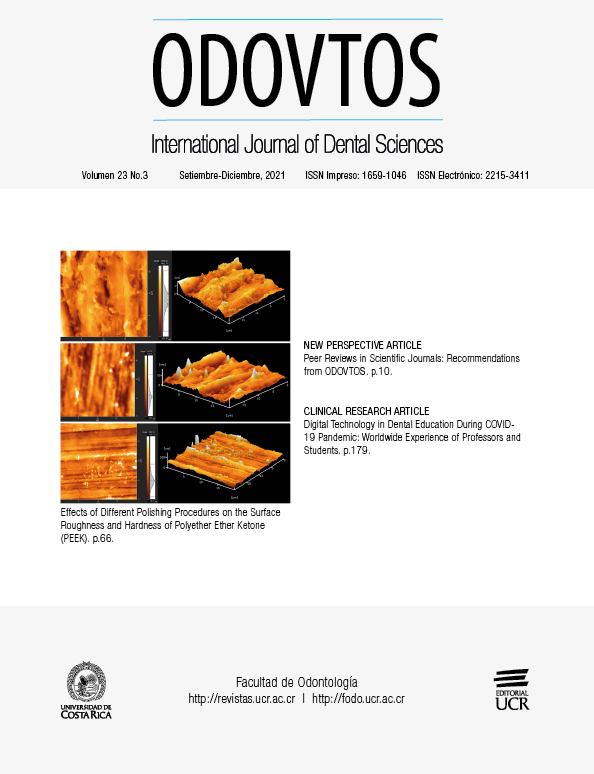Abstract
The knowledge of Costa Rica's situation regarding the social gradient in mortality is still incomplete. National Electoral Rolls, which included all adult Costa Rican citizens were used. The event was death between 2010 and 2018. The exhaustive final sample included 2,747,616 people for 23,985,602 person-years of follow-up. An ecological study at the electoral district level was performed. A negative social gradient was observed in men and in women, in particular in urban area. A protective effect of rural areas compared to urban areas was revealed in men, but not in women. As a result, in men, the poorest districts of mixed/rural areas had similar life expectancy than the richest districts in urban areas. These results partially contradicted the international literature on socioeconomic inequalities. It demonstrates the importance of studying contexts other than high-income countries to better understand the social inequalities in health worldwide.


